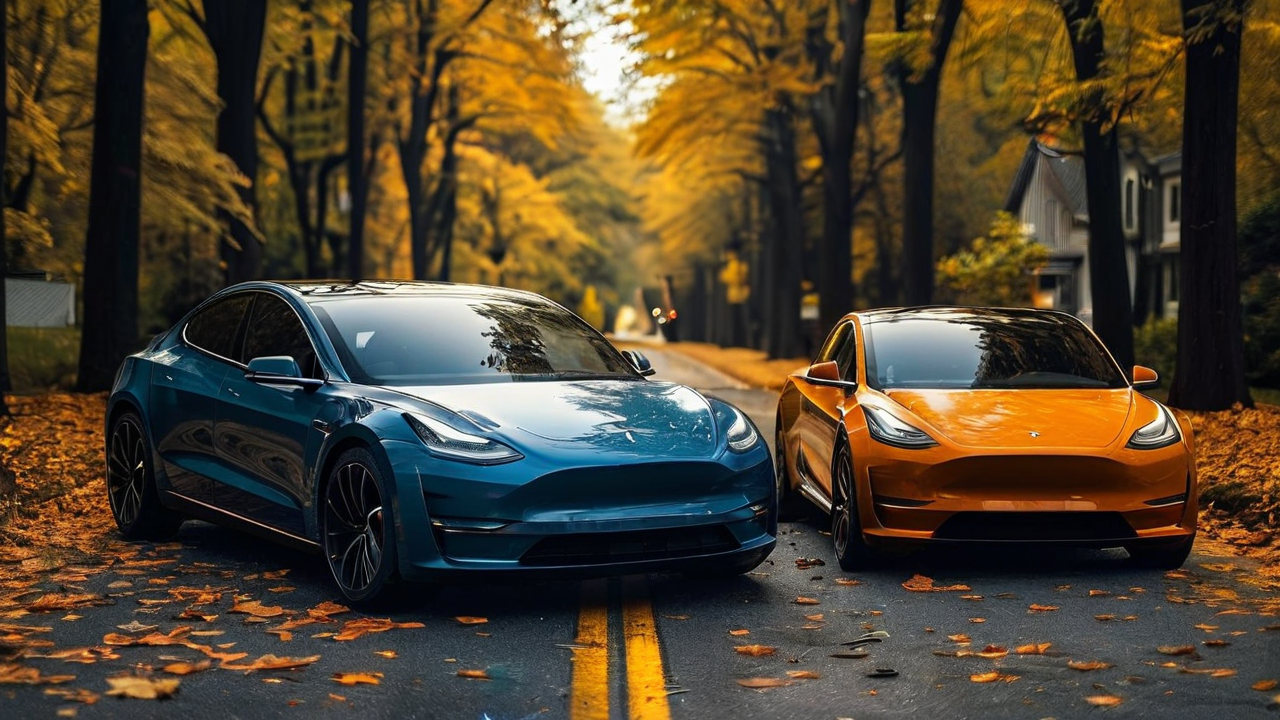Jump Ahead
Electric vehicles (EVs) offer varying levels of efficiency, typically measured in kilowatt-hours per 100 kilometers (kWh/100km) and kilometers per kilowatt-hour (km/kWh). Understanding these metrics is crucial for choosing the right EV and optimizing your driving habits.
A lower kWh/100km value indicates higher efficiency, meaning the vehicle uses less energy to travel 100 kilometers. Conversely, a higher km/kWh value means the vehicle can travel more kilometers on a single kilowatt-hour of energy.
Most Efficient EVs Table
| Vehicle | kWh/100km | km/kWh |
|---|---|---|
| Tesla Model 3 | 13.5 | 7.4 |
FAQs
EV efficiency is crucial for maximizing your vehicle's range and minimizing energy costs.
EV efficiency is typically measured in kWh/100km (lower is better) or km/kWh (higher is better). Understanding these metrics helps you select the right EV and optimize your driving habits to get the most out of every charge.
For example, a vehicle with a rating of 15 kWh/100km is more efficient than one rated at 20 kWh/100km, meaning it uses less energy to travel the same distance.
Regular maintenance is key to maintaining your EV's efficiency over time.
Key areas include tire pressure, software updates, and reducing unnecessary weight. For instance, under-inflated tires increase rolling resistance, making your EV less efficient.
Ensure your tires are at the recommended pressure, and remove any unnecessary items from your vehicle to maintain optimal efficiency.
Weather conditions, especially temperature, significantly impact EV efficiency.
Cold weather can reduce battery performance, leading to lower efficiency (higher kWh/100km), while warm weather can improve it, provided the cooling system isn't overworked.
For example, an EV might consume 20 kWh/100km in cold weather but only 15 kWh/100km in milder temperatures. Understanding these effects can help you plan trips more effectively.
Your driving habits can have a major impact on your EV’s efficiency.
Smooth acceleration, deceleration, and the use of regenerative braking can significantly improve your vehicle's efficiency. In contrast, aggressive driving increases energy consumption, reducing your range.
For example, a driver who accelerates gradually might achieve 7.5 km/kWh, compared to 6.5 km/kWh for someone with a more aggressive driving style.
Aerodynamics plays a crucial role in how efficiently your EV consumes energy.
Vehicles with a more aerodynamic design experience less air resistance, requiring less energy to maintain speed. For example, the Tesla Model S has a drag coefficient of 0.208, which contributes to its high efficiency.
In contrast, less aerodynamic designs, like the Rivian R1T, have higher drag coefficients, leading to lower efficiency. Understanding these factors can help in choosing the right EV for your needs.
Tires significantly affect your EV's efficiency.
Low rolling resistance tires are designed to minimize energy loss as they roll, improving efficiency but potentially sacrificing some traction and comfort. For instance, Michelin Energy Saver A/S tires can enhance efficiency in vehicles like the Chevrolet Bolt.
Choosing the right tires involves balancing efficiency with performance and comfort.
Vehicle weight is a significant factor in EV efficiency.
Heavier vehicles require more energy to move, reducing their efficiency. For instance, a larger EV like the Rivian R1T, which weighs over 7,000 pounds, tends to have lower efficiency compared to lighter models like the Tesla Model 3.
Reducing unnecessary weight, such as removing unneeded cargo, can help improve your EV's efficiency.
Monitoring your EV’s efficiency is essential for planning trips, especially long ones.
Tracking metrics like km/kWh gives you a clear understanding of how far you can travel on a given amount of energy. This is particularly useful when charging infrastructure is limited.
| Efficiency | Range (Based on a 60 kWh Battery) |
|---|---|
| 6.5 km/kWh | 390 km |
| 7.5 km/kWh | 450 km |
| 8.5 km/kWh | 510 km |
By regularly checking your efficiency, you can better estimate how much energy you’ll need and avoid range anxiety.
